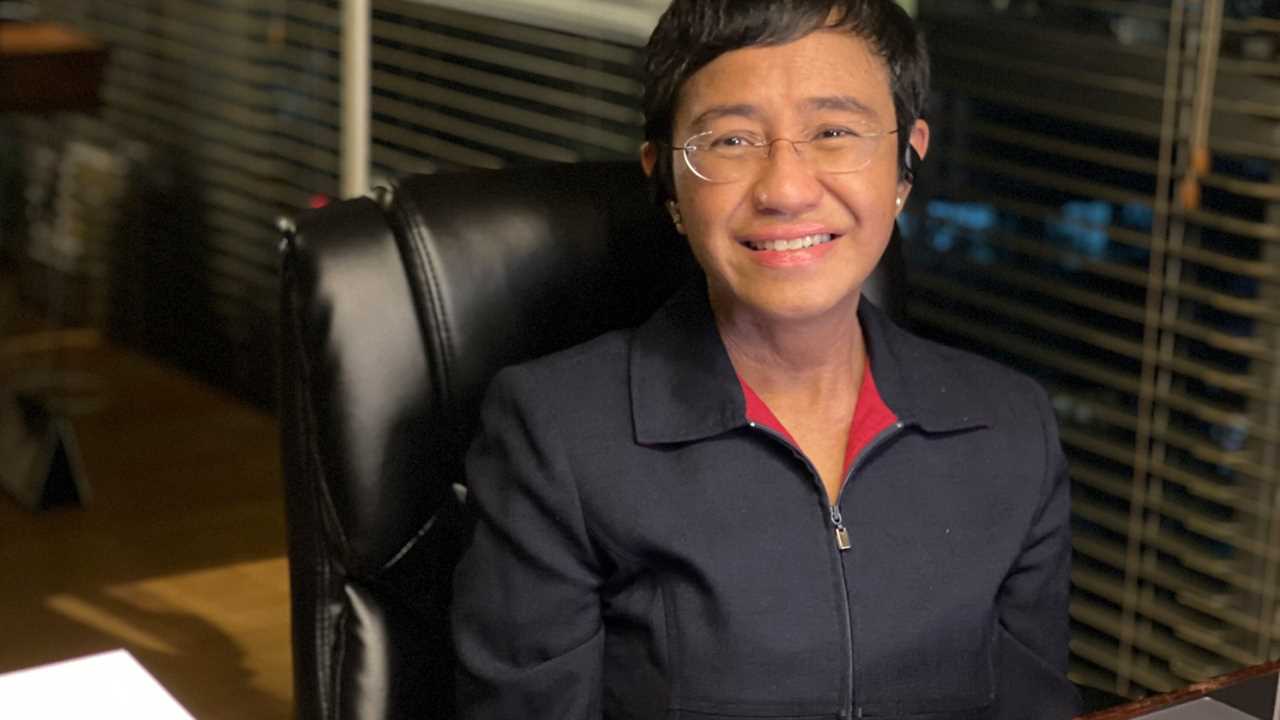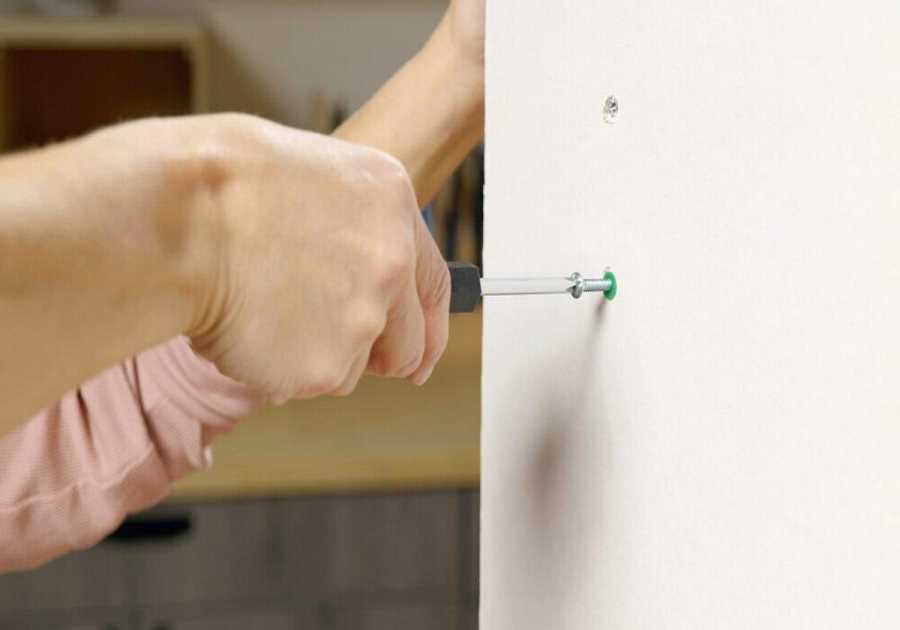
In receiving the Nobel Peace Prize on Friday, the Philippine journalist Maria Ressa became only the 18th woman to be selected for the award in its 126-year history.
With half the world made up of women, the obvious question arises: Why have so few been granted the committee’s most prestigious prize and, more broadly, been generally underrepresented across the Nobel prizes?
Addressing the criticism, the Nobel committee in 2017 acknowledged its poor track record.
“We are disappointed looking at the larger perspective that more women have not been awarded,” said Göran Hansson, vice chair of the board of directors of the Nobel Foundation.
“Part of it is that we go back in time to identify discoveries,” he said. “We have to wait until they have been verified and validated before we can award the prize. There was an even larger bias against women then. There were far fewer women scientists if you go back 20 or 30 years.”
But he acknowledged other problems, including the way people are considered for prizes. Starting in 2018, he said, the committee would take steps to address the imbalance.
“I hope that in five years or 10 years, we will see a very different situation,” he said.
A total of 109 individuals have received the Nobel Peace Prize, which has also been awarded to organizations. The first woman to receive the prize was Bertha von Suttner, an Austrian writer who was a leading figure in a nascent pacifist movement in Europe. She was recognized in 1905, two years after Marie Curie became the first woman to receive a Nobel Prize, in physics.
It would be 26 years before another woman was selected for the award: the American Jane Addams, regarded as the founder of modern social work and an advocate for the concerns of children and mothers. She shared the 1931 prize with Nicholas Murray Butler, then the head of the Carnegie Endowment for International Peace.
Other women to receive the honor include Mother Teresa in 1979; the legal reformer Shirin Ebadi of Iran in 2003; the Kenyan environmentalist Wangari Maathai in 2004; and in 2014 the education activist Malala Yousafzai, the youngest recipient of the award.
In 2011, three women shared the award: Ellen Johnson Sirleaf, the former president of Liberia; Leymah Gbowee, a peace activist from Liberia; and Tawakkol Karman, a journalist from Yemen who became the face of the “Arab Spring” uprising in her country.
Title: Maria Ressa is only the 18th woman to win the Nobel Peace Prize in its 126-year history.
Sourced From: www.nytimes.com/2021/10/08/world/women-winners-nobel-peace-prize.html
Published Date: Fri, 08 Oct 2021 11:56:54 +0000
Did you miss our previous article...
https://rsssuperfeeds.com/viral-news/taxing-the-rich






